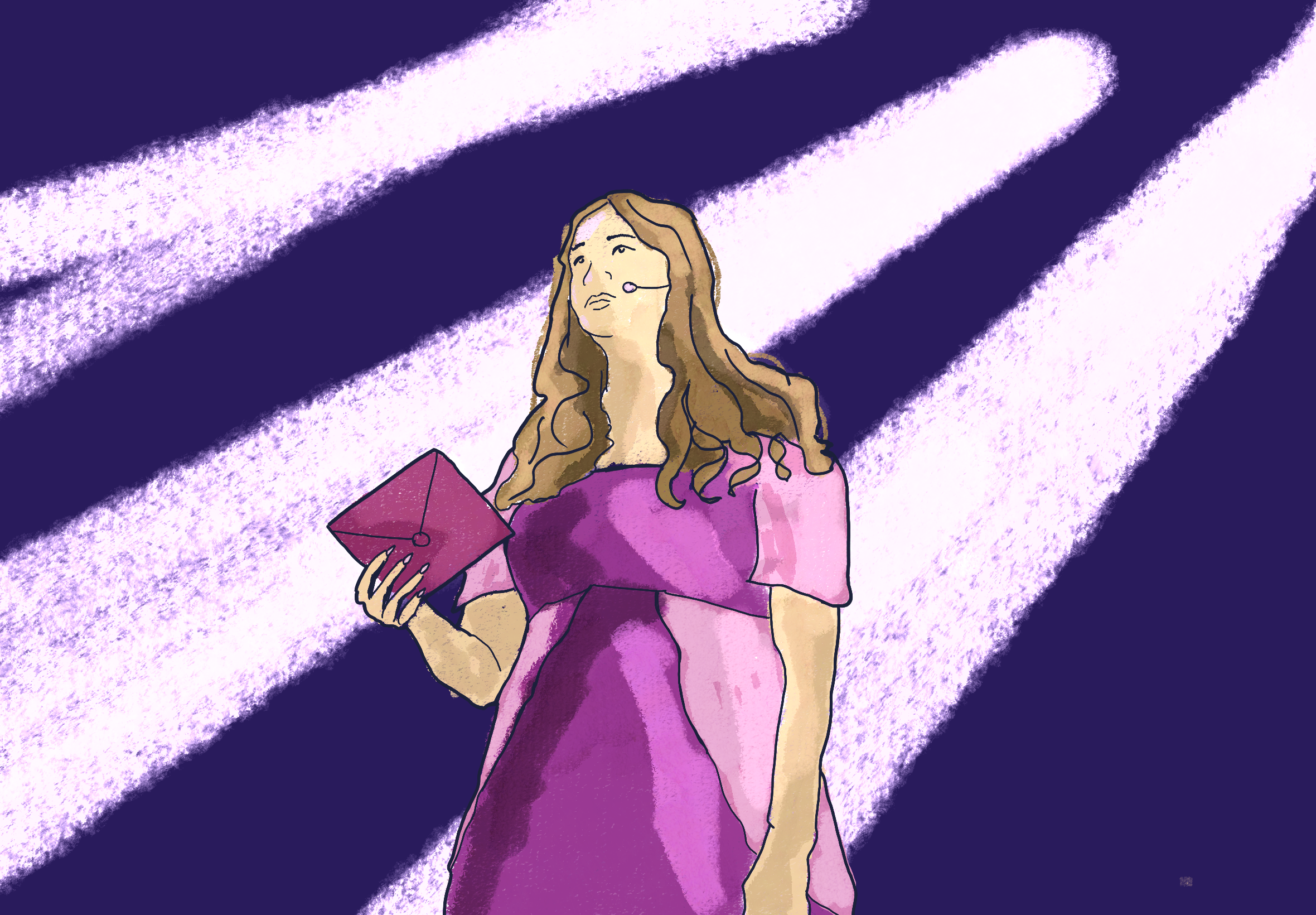On Sept. 14, Netflix released Heartbreak High, a remake of the 1994 Australian coming-of-age TV show of the same name. Critics praised the series for its realistic portrayal of high school and the diversity of experiences the show depicts. The series remained in Netflix’s Top 10 list in 43 countries for a month after its launch, and the streaming platform quickly renewed the show for a second season. After the show’s release, the autistic community flooded the media to applaud the series’ autistic representation.
Set in the fictional Hartley High School, a handful of students are forced to follow a sexual literacy course after their names appear on a “hookup-map” on school property. The cast navigates the ups and downs of friendships and relationships, and develops a sense of identity while also dealing with racism, structural violence, sexuality, and neurodivergence.
Behind the acclaim is Quinni Gallagher-Jones (Chloe Hayden), an autistic Hartley High student. Hayden, herself an autistic person, writer, and disability rights activist, is one of the first openly autistic actresses to play an openly autistic lead. She collaborated closely with Heartbreak High’s writing team to create Quinni, and her success stems from the initial possibility of playing herself. A character like Quinni on a platform like Netflix is more than riveting: It is a celebration of the autistic neurotype and the possibility of feeling seen for a group that has been historically misunderstood and marginalized. The potential impact of positive and meaningful representation for young autistic people––who often report feelings of loneliness and alienation––isn’t just refreshing, it’s “life-saving.”
Quinni is one of the first notable examples of an autistic TV character outside of the stereotypical white boys who are savant geniuses and—you guessed it—played by non-autistic actors. A disturbing recent film is Sia’s //Music//, an infantilizing attempt to represent autistic folks that forgoes the notion of agency to uphold mockery and harm. Allistic actors only mimic autistic behaviours and ways of being, which can echo painful feelings of being mocked and essentialized. On the other hand, Quinni reflects an accurate experience of the spectrum. She stims to self-regulate, copes with sensory processing difficulties, relies on routines and schedules to function, masks her autistic traits to fit in, always remains honest, and loves to engage with her special interest. TV shows and films rarely depict these azutistic attributes accurately. But the portrayal of Quinni’s traits conveys humanity and honesty, allowing viewers on the spectrum to see themselves in the young student.
Quinni’s role in the show remains meaningful because her autism is not her entire storyline and is neither exploited nor instrumentalized. Quinni explores flirting, dating, sex, and her queer identity while advocating for herself and her relationships. Folks on the spectrum are more likely to be LGBTQIA+ and often emphasize how intertwined these identities are. The depiction of Quinni’s intersectional experience opens up the possibilities of representation for autistic audiences. She develops two meaningful relationships—one which exemplifies active support, and the other, adversity. Darren (James Majoos), Quinni’s best friend, demonstrates how to actively support someone who is autistic: They accommodate Quinni’s needs when she has a meltdown and accept her when she has a non-speaking episode. Quinni’s love interest, Sasha (Gemma Chua-Tran), struggles to truly understand Quinni and infantilizes her. The series addresses Sasha’s ignorance and ableism, portraying its impact on Quinni and how the couple nurtures their growing relationship.
Quinni, however, cannot and should not represent the entire spectrum, as she is one autistic person. Black autistic activists online have pointed out how Quinni’s experience does not reflect theirs “at all.” Folks on the spectrum come with different expressions of autistic traits and across all ethnicities, races, ages, genders, and classes. They all deserve to see themselves represented across TV shows, movies, books, and other media. The casting of Chloé Hayden should not be understood as a perfect representation—there is no such thing. Despite this, Quinni is an embodiment of hope and represents new avenues for autistic portrayal in media, mirroring the true diversity of people on the spectrum.
Heartbreak High is available to stream on Netflix.









